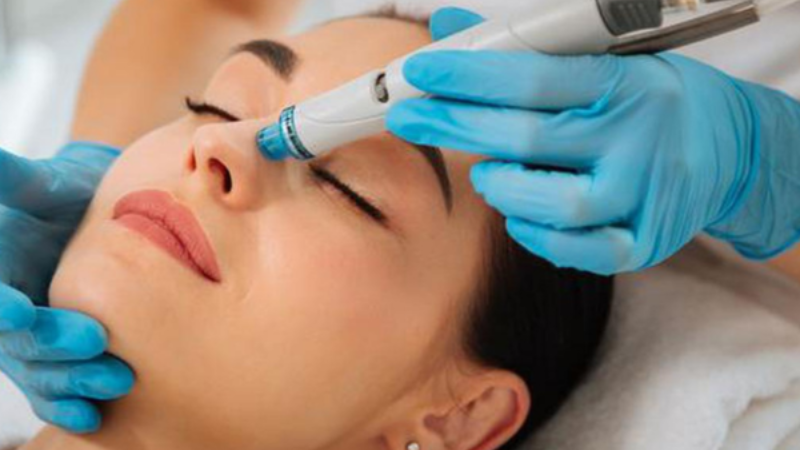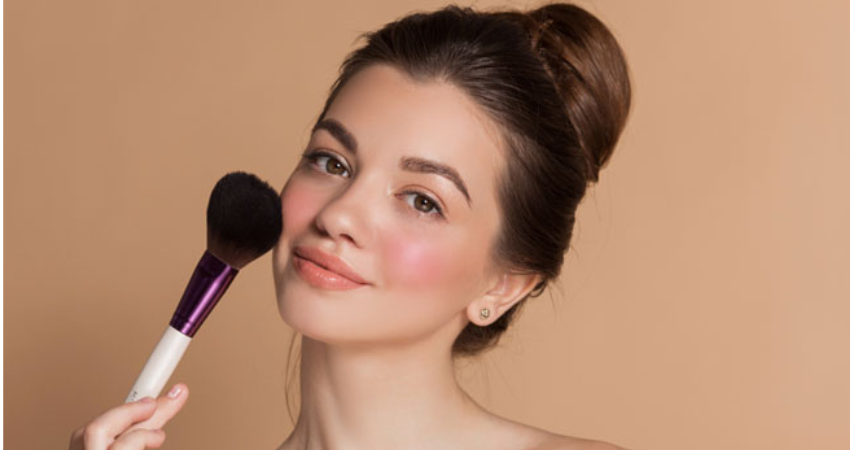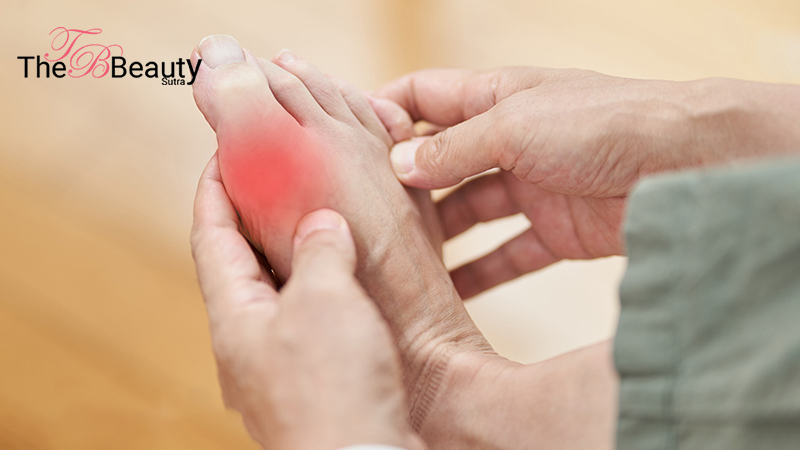Eggs are a staple in many diets, prized for their high protein content and versatility in cooking. However, some people worry that consuming eggs might contribute to acne breakouts. While there’s no definitive answer, understanding how diet impacts skin health can shed light on whether eggs could be a culprit in causing pimples. This blog explores the potential link between egg consumption and acne, examining scientific evidence and offering practical advice for those concerned about their skin.
Table of Contents
How Acne Develops
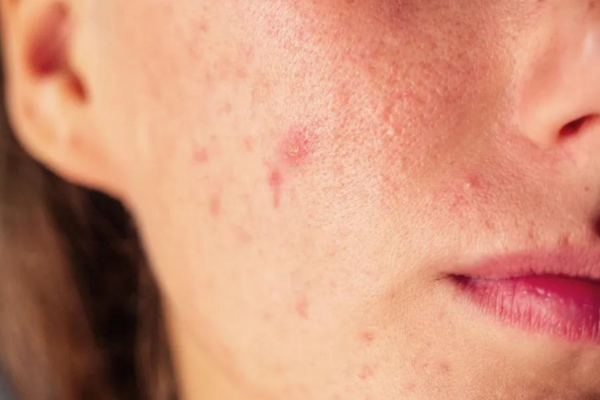
Acne is a common skin condition characterized by pimples, blackheads, and cysts. It occurs when hair follicles become clogged with oil (sebum) and dead skin cells. Bacteria can grow in these clogged pores, leading to inflammation and the visible symptoms of acne.
Nutritional Profile of Eggs

Eggs are packed with essential nutrients, including:
Protein: Vital for tissue repair and growth.
Vitamins: Such as B2 (riboflavin), B12, D, and biotin (B7).
Minerals: Including iron, phosphorus, and zinc.
Fats: Including saturated fats and cholesterol.
Potential Reasons Eggs Might Contribute to Pimples
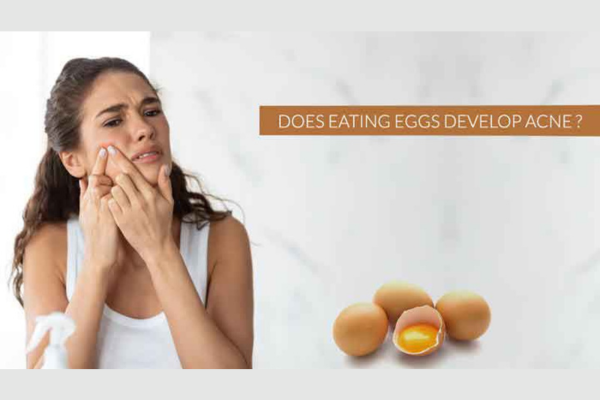
Hormonal Influence:
Eggs contain natural hormones that could influence the body’s hormonal balance. Increased levels of androgens (male hormones present in both males and females) can stimulate sebaceous glands, leading to increased oil production, which can clog pores and cause pimples.
Biotin (Vitamin B7):
Eggs are rich in biotin, a vitamin beneficial for hair and nail health. However, high levels of biotin can lead to imbalances in other vitamins, such as Vitamin B5 (pantothenic acid), which helps regulate the skin’s oil production. An imbalance might contribute to acne.
Allergies and Sensitivities:
Some individuals may have an allergy or sensitivity to eggs. Allergic reactions can cause systemic inflammation, potentially worsening acne. Even mild sensitivities can lead to digestive issues, which have been linked to skin problems.
Saturated Fats:
It contains saturated fats, and diets high in saturated fats have been associated with increased inflammation in the body. Inflammation is a key factor in acne development, suggesting that excessive consumption of saturated fats might exacerbate acne.
Scientific Evidence
The scientific evidence directly linking eggs to acne is limited and not definitive. Acne is a multifactorial condition influenced by genetics, hormones, diet, and lifestyle. While some individuals report a correlation between egg consumption and breakouts, this is not a universal experience.
Individual Differences
Genetic Predisposition: Some people are genetically more prone to acne and may react to various triggers, including certain foods like eggs.
Overall Diet: Acne is often influenced by overall dietary patterns. Diets high in refined sugars, dairy, and unhealthy fats have a stronger link to acne than specific foods like eggs.
Lifestyle Factors: Stress, hygiene, and other lifestyle factors significantly impact acne development.
Managing Diet and Acne

Monitor Your Diet: If you suspect eggs might be contributing to your acne, consider eliminating them from your diet for a few weeks to see if your skin improves.
Balance Your Diet: Ensure a balanced diet rich in fruits, vegetables, whole grains, and lean proteins to support overall skin health.
Consult a Dermatologist: Persistent acne should be discussed with a dermatologist, who can help identify triggers and recommend appropriate treatments.
Moderation: Consuming eggs in moderation is unlikely to cause significant skin issues for most people. Balance is key in any diet.
Conclusion
While it might contribute to pimples in some individuals due to their hormonal content, biotin levels, potential for allergies, or saturated fat content, the evidence is not strong enough to recommend avoiding them altogether. Acne is influenced by a variety of factors, and dietary triggers can vary greatly from person to person. Monitoring your own reactions and maintaining a balanced diet are crucial steps in managing acne and achieving healthy skin.


